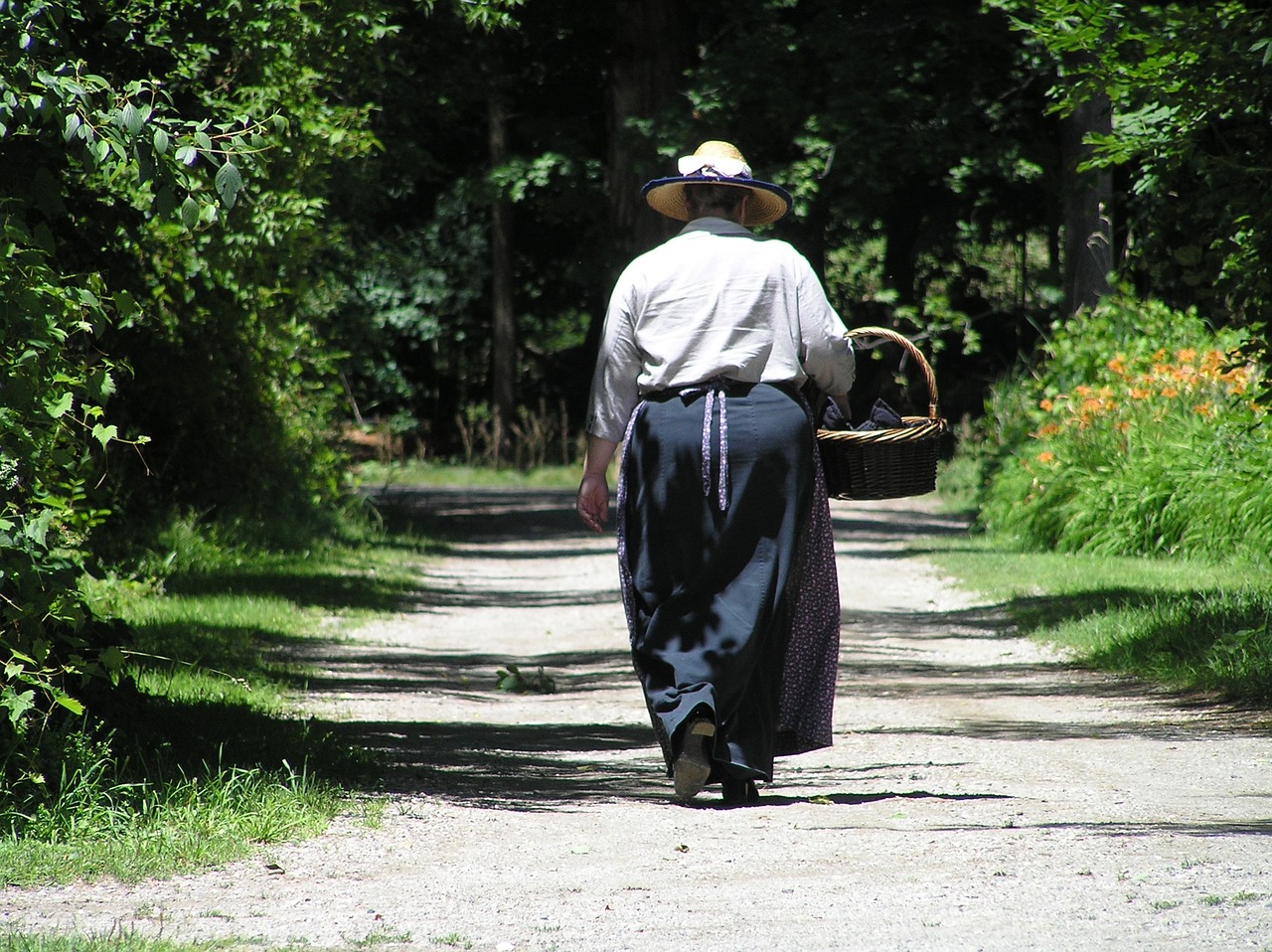American westward expansion in the 19th century was a time of great adventure, risk, and opportunity. The dream of owning land, creating a better life for oneself and one’s family, and the promise of adventure drew many men and women from the east to the frontier lands of the west. However, as women ventured into the western frontier, they were faced with unique challenges and a way of life that was vastly different from that which they had experienced in the east.
Women’s role on the frontier was multifaceted and challenging, but despite the many challenges that they had to endure, women played a critical role in shaping and developing the west. Frontier women were instrumental in the development of the west because they often had to take on responsibilities that went beyond traditional roles. These roles included farming, medicine, and education.
Farming was one of the primary occupations on the frontier, and women played a significant role in this endeavor. Women were responsible for managing and maintaining the household, which included managing food supplies, cooking, and preserving goods. Additionally, they contributed to the family’s income by taking over the work of the men when they were away. During planting and harvesting seasons, women often worked long hours alongside their husbands and children to maximize their crop yields.
Apart from farming, women also played a significant role in providing healthcare services on the frontier. In the absence of professional health practitioners and limited access to medicines, women relied on their knowledge of herbal remedies and natural treatments to tend to the medical needs of their families and the community. Women often served as midwives, treating common illnesses, and conducted surgeries in emergencies.
Education was also an important aspect of the western frontier. Women played a vital role as teachers, creating opportunities for children to learn and develop. With limited resources and primitive schooling systems, women often had to teach their children at home or in makeshift classrooms, but they were dedicated to providing a solid education for their children.
Additionally, women also worked to promote literacy and education as a whole. Many women helped to establish schools and libraries, wrote textbooks, and encouraged other women to become teachers.
The unique challenges faced by women during the frontier era helped to shape their attitudes and values that defined their place in society. The experience of living in a harsh and challenging environment, coupled with the responsibilities of raising a family, taught women valuable life lessons that served them well in their everyday lives. Women became more independent and self-reliant and developed attributes of strength, tenacity, and resilience.
The pioneer women who lived on the western frontier encountered several challenges, but their contributions to farming, medicine, and education were invaluable. They helped to shape the foundation of western society and established new paths in which women could excel. The frontier era was a time of great adventure and difficulty, but it was also a time of empowerment for women who rose to the occasion and paved the way for future generations. Frontier women deserve acknowledgement and appreciation for their incredible spirit, resilience, and dedication.
The Author:
Pioneerthinking.com – Ingredients for a Simple Life.
Photo. Susan B.
